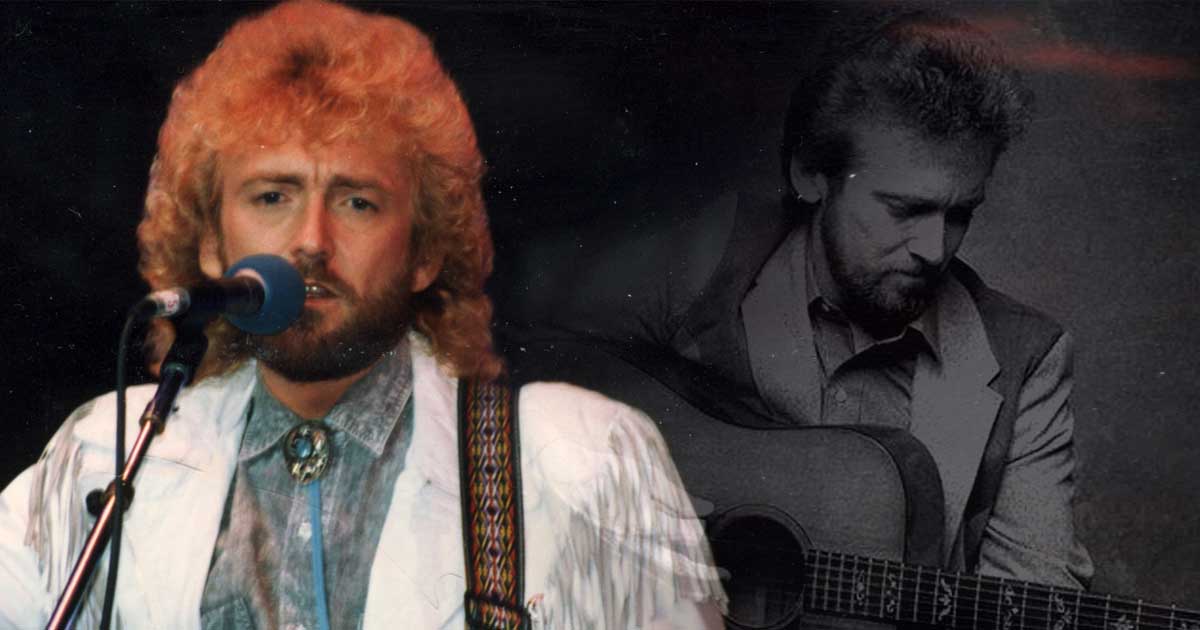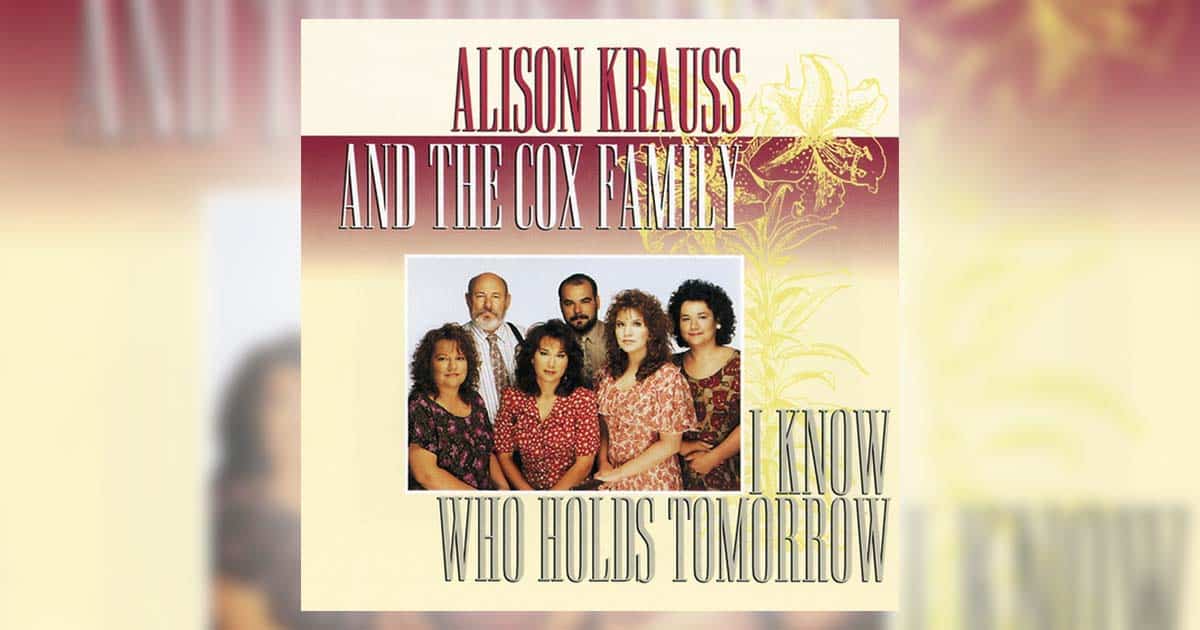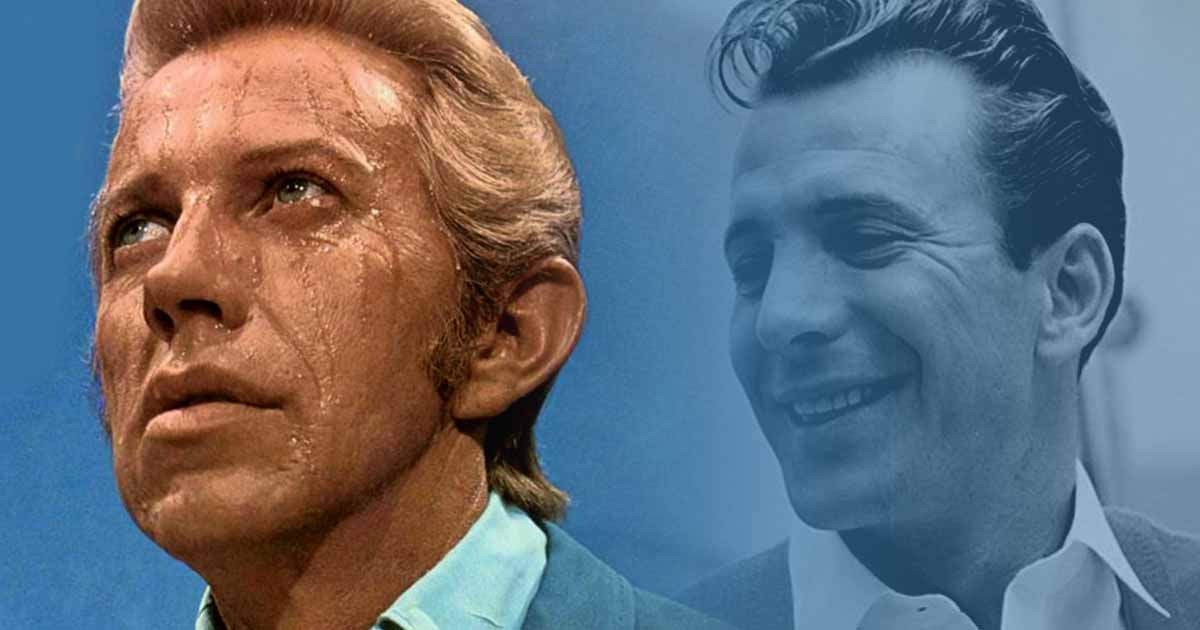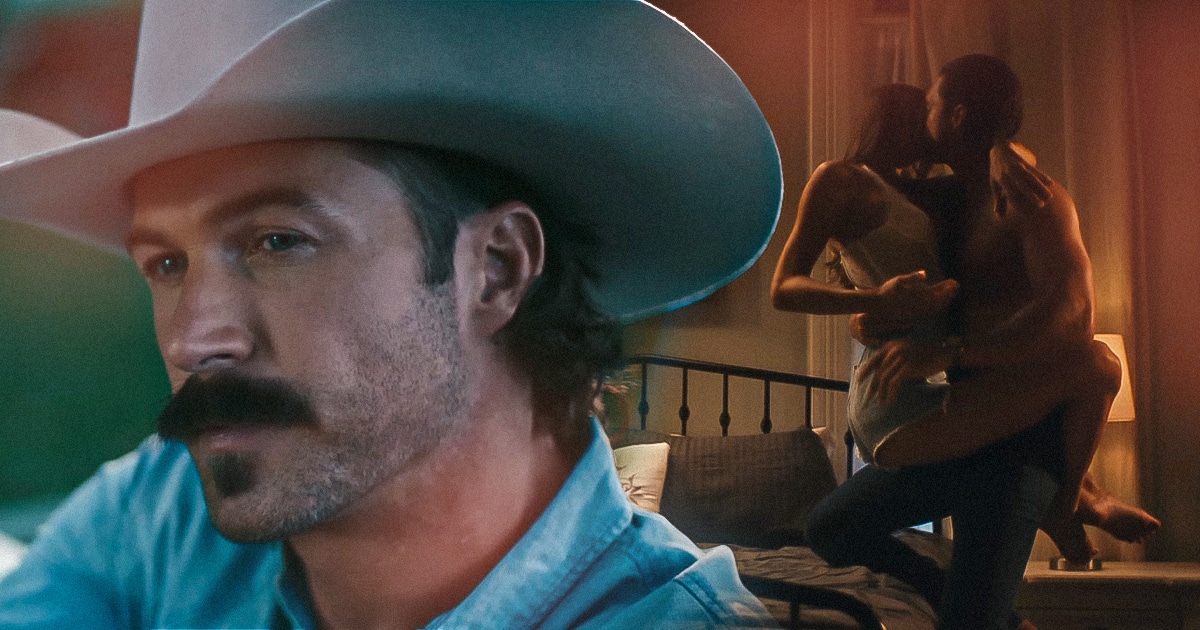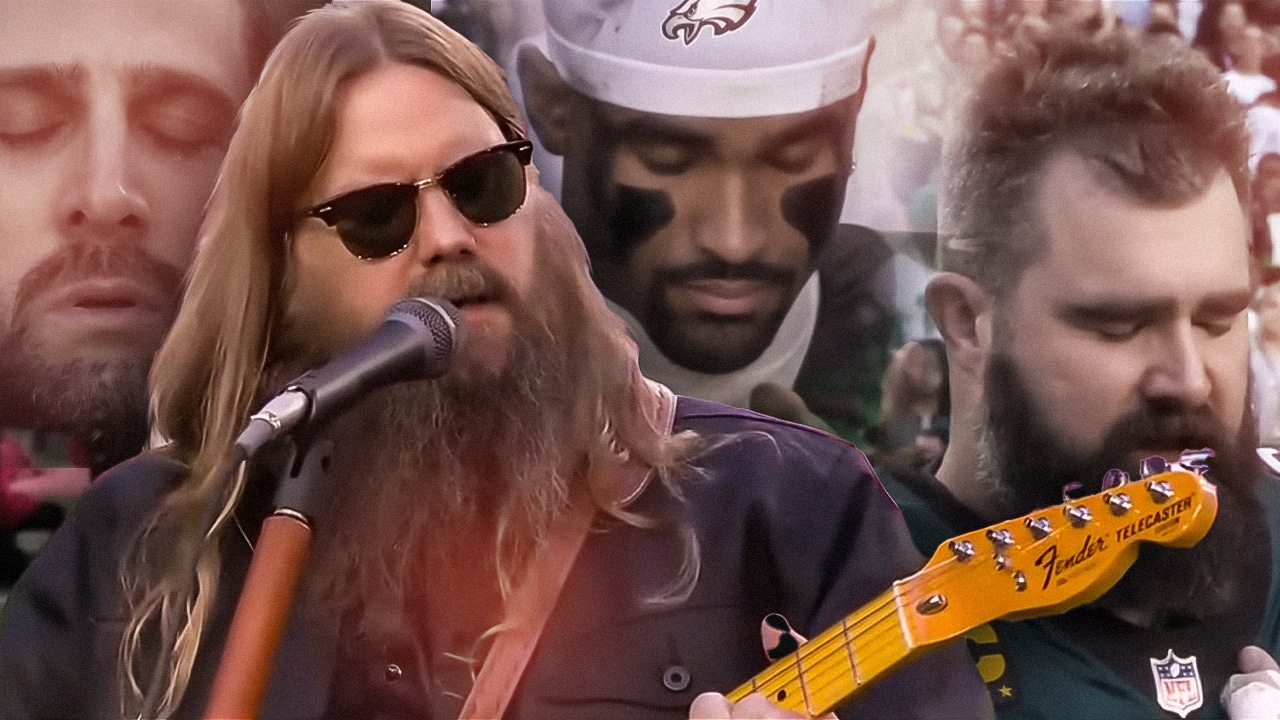Keith Whitley’s death remains to be one of the saddest and darkest days in Nashville’s music history.
It was early in the month of May 1989 when Whitley offered to take his wife and fellow country singer Lorrie Morgan to the Nashville airport to send her off on a promotional tour to Alaska. Within the week, Morgan would spend her time promoting the release of her debut major-label album, Leave The Light On.
Though it was her debut record, she was no new artist. Morgan was already popular and well-regarded in country music. In fact, she made her Grand Ole Opry debut when she was only thirteen, making her the youngest musician ever to be inducted. She has also released a smattering of singles for several years.
Whitley and Morgan were already married for three years during that time, and they were among the budding power couples in country music. Whitley’s career was also soaring more than ever. He was enjoying his third consecutive No. 1 single, “I’m No Stranger to the Rain,” which landed in the top spot of Billboard US Hot Country Songs and Canada Country Tracks chart three weeks earlier.
But after seeing Morgan off, Whitley would then embark on a weekend of heavy drinking that would lead to his untimely death.
The Ashland, Kentucky native was found dead in his home, fully clothed and faced down in his bed by his brother-in-law, Lane Palmer. The two men had been together earlier that morning. They enjoyed a cup of coffee and made plans to play golf during the day. However, when Palmer came back, he found the singer-songwriter no longer alive, with traces of alcohol poisoning. Whitley was only thirty-three.
The country singer had a long battle with alcoholism that goes way back to when he’s just a teenager.
He considered Hank Williams and Lefty Frizzell as musical heroes, both of whom were tragically killed by liquor, one way or another. “That’s just the way I grew up,” Whitley candidly said.
“‘I learned to do things the way the old-timers did it. I thought everybody had to drink to be in this business. Lefty drank, Hank drank, George Jones was still drinking, and I had to. That’s just the way it was. You couldn’t put that soul in your singing if you weren’t about three sheets in the wind.”
Morgan had tried several times to get Whitley sober, only to end up failing.
“Keith was great for months at a time, and then for no reason at all, he’d start drinking,” Morgan recalled. “Once he started, you literally had to tie him down or lock him up to make him quit. I tied my robe belt to my leg and to his ankle at night, so I would know if he tried to get out of bed. Otherwise, he would continue drinking until he passed out.”
On several occasions, Whitley would stop breathing that Morgan had to rush him to the emergency room – luckily, “the paramedics always got to him in time.”
Morgan also admits that not being around when Keith Whitley died still bothers her. “I live with that yoke of not being home when he died. I know if I had been, he would be alive,” she said.
After Whitley’s death, three of his studio albums were released – this includes the very last record he worked on, I Wonder Do You Think of Me, which produced two No. 1 hits for Whitley, including the title track. Indeed, his musical legacy continued well past his lifespan.

